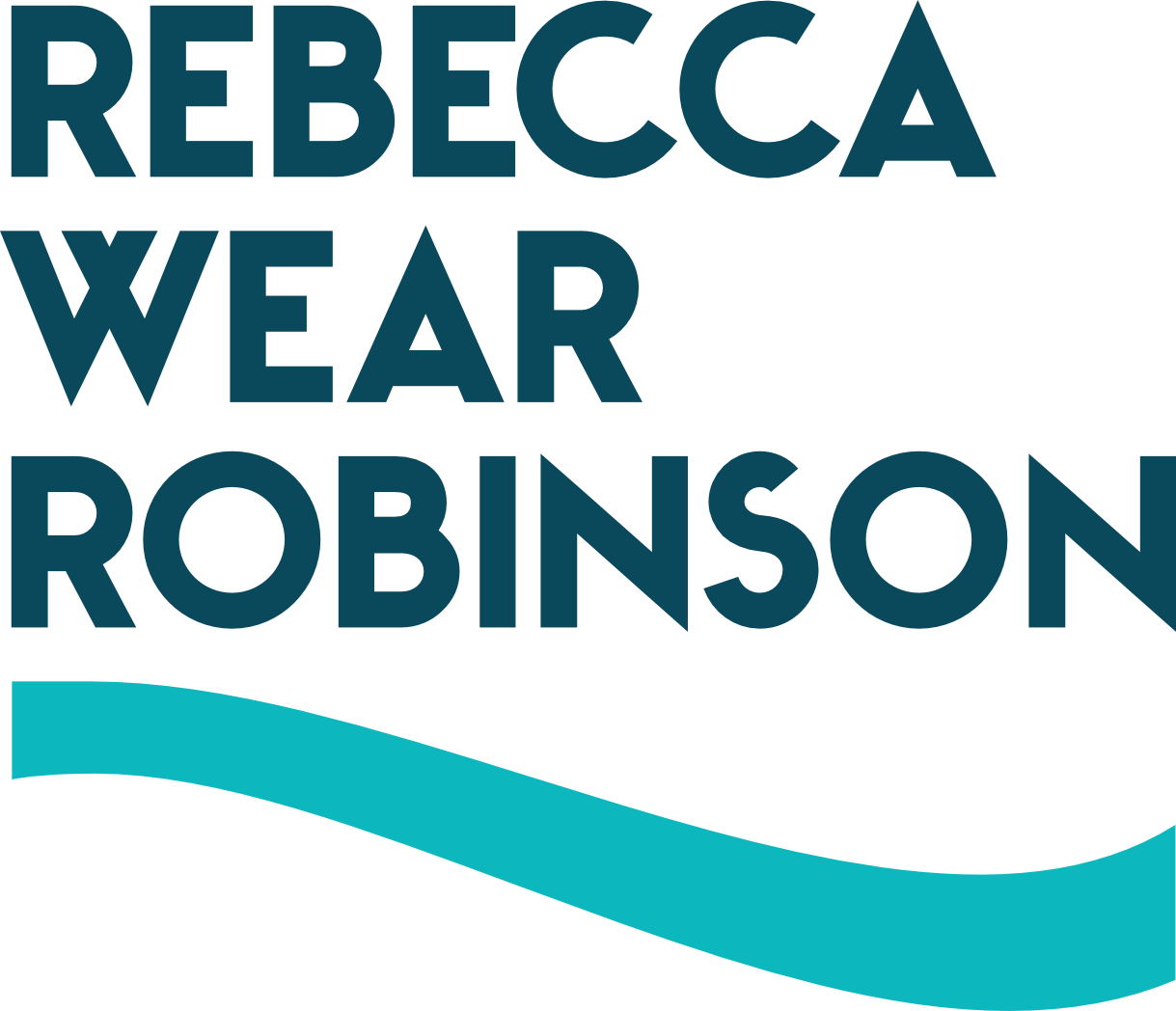When Leaders Quit
Good leaders know when to lead - and when to step down.
Jacinda Ardern quit.
Nancy Pelosi quit.
Angela Merkel quit.
All are credited with being strong, effective, and inspirational leaders. Right down to, perhaps the greatest test of a leader, knowing when to step down.
It’s not that their time in leadership was all a bed of roses. All had as many critics as fans. But they gave their leadership time everything they had, and knew when to pass the baton to the next leader.
And then we have the leaders who didn’t know when to step down, causing chaos, decimated organizations, even death and destruction in their wake.
Knowing when to step down as a leader is as important as knowing when to step up.
Different leaders fit different situations and one size does not fit all.
The best leader for a start-up is rarely the right leader for a mature organization. Gina Bartasi or Anthony Tan will send a start-up company into orbit, but when a certain size is reached you need the skills of a Yamini Rangan or Chano Fernandez - steady at the helm.
An organization or country under attack needs different leadership skills than those required during peacetime. Winston Churchill was a brilliant wartime leader but faltered during peacetime. Volodymyr Zelensky had two years as a peacetime president, with mixed reviews, but is widely seen as a brilliant wartime leader.
Sometimes we don’t know what type of leader we are until we are called upon to lead, tapping into strengths we never know we possessed. Joan of Arc. Nelson Mandela. Greta Thunberg.
We can usually identify poor leaders. The self-appointed. The narcissists. Those who lead by decree, by humiliation, by bullying, or by force. The “I earned this” tantrum-throwers. We have too many poor leaders driving bad decisions because the good leaders aren’t standing up, and we don’t understand that part of good leadership is knowing when to step down.
Activism needs more good leaders.
Are you one of those leaders? Does a leadership position come naturally? Are you the person who is coordinating, inspiring, the visionary who gets things done? Activism needs more leaders like you. Step up.
Do others see you as a leader? If others often see you as a leader, listen, step up into a leadership position. Own it.
What type of leader are you? Do you lead by example? By collaboration? By finding the best people? The best leaders leverage their strengths. It can be different for each person, but identify what you do best to work with others and make that your touchstone for leadership.
If you aren’t a leader, spending the time to identify and support leaders in your field is just as important.
Among the ‘softer’ fields that attract activists, away from the gladiator environment of tech and finance, we say things like “there is no I in team”. We focus on collaboration, consensus decision-making, and ensuring that every voice is heard. We almost seem to fear leaders, as if there is something bad about leadership.
We discount the importance of strong leaders. Strong, effective leaders who inspire. Leaders who can pull together different opinions and approaches into a cohesive approach. Leaders who can stay the course, or correct course as needed. Leaders who know when to stand in the front, know when to support, and know when to step down. Leaders who shift activist movements forward and overcome the competition.
Identify the leaders in your field, yourself included. Don’t be afraid of taking the lead. And when you have given your all, don’t be afraid to step down and pass the baton.
Are you a leader? Then lead.

